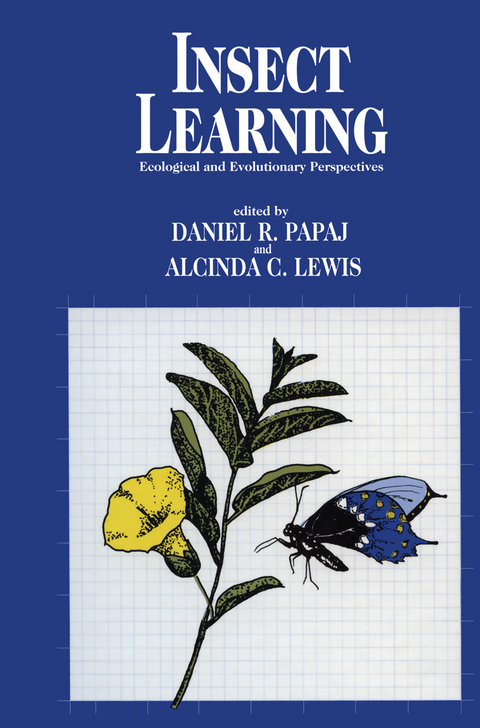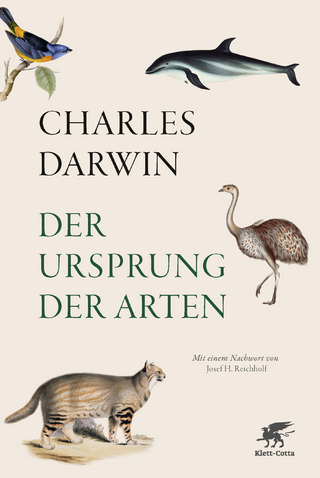
Insect Learning
Springer-Verlag New York Inc.
978-1-4613-6216-6 (ISBN)
Insect Learning covers both social and non-social insects from multiple perspectives.
Insect Learning is a comprehensive review of a new field. Until recently, insects were viewed as rigidly programmed automatons; now, however, it is recognized that they can learn and that their behavior is plastic. This fundamental change in viewpoint is causing a re-examination of all aspects of the relationship between insects and their environment. This change in perspective is occurring at a time of heightened interest in brain function in both vertebrates and invertebrates. Insects potentially play a major role in this expanding area. Because of their experimental tractability and genetic diversity, they provide unique opportunities for testing hypotheses on the ecology and evolution of learning. As organisms of economic importance, they are perennial objects of research by both basic and applied scientists.
Insect Learning covers both social and non-social insects from multiple perspectives. The book covers mechanisms; syntheses of work on physiology, behavior, and ecology; and micro- and macroevolution. The concluding section discusses future directions for research, including applications to pest management.
1. Aversion Learning and Feeding.- 2. Ethological and Comparative Perspectives on Honey Bee Learning.- 3. Learning of Host-Finding Cues by Hymenopterous Parasitoids.- 4. Functional Organization of Appetitive Learning and Memory in a Generalist Pollinator, the Honey Bee.- 5. Merging Mechanism and Adaptation: An Ethological Approach to Learning and Generalization.- 6. Motivation, Learning, and Motivated Learning.- 7. Choosing Hosts and Mates: The Value of Learning.- 8. Learning and Behavioral Ecology: Incomplete Information and Environmental Predictability.- 9. Learning and the Evolution of Resources: Pollinators and Flower Morphology.- 10. Automatic Behavior and the Evolution of Instinct: Lessons from Learning in Parasitoids.- 11. Comparative and Experimental Approaches to Understanding Insect Learning.- 12. Application of Learning to Pest Management.- 13. Cognition in Bees: From Stimulus Reception to Behavioral Change.- 14. Afterword: Learning, Adaptation, and the Lessons of 0 374.
| Zusatzinfo | XIII, 398 p. |
|---|---|
| Verlagsort | New York, NY |
| Sprache | englisch |
| Maße | 155 x 235 mm |
| Themenwelt | Naturwissenschaften ► Biologie ► Evolution |
| Naturwissenschaften ► Biologie ► Ökologie / Naturschutz | |
| Naturwissenschaften ► Biologie ► Zoologie | |
| Weitere Fachgebiete ► Land- / Forstwirtschaft / Fischerei | |
| ISBN-10 | 1-4613-6216-4 / 1461362164 |
| ISBN-13 | 978-1-4613-6216-6 / 9781461362166 |
| Zustand | Neuware |
| Haben Sie eine Frage zum Produkt? |
aus dem Bereich


